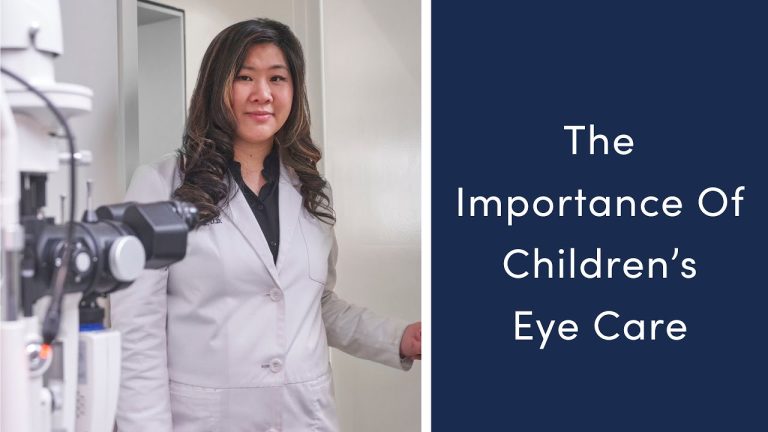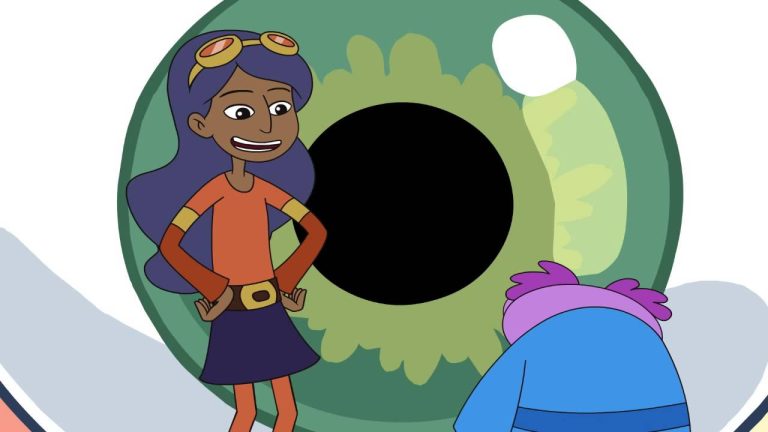Dyslexia in Children: Understanding the Role of Vision Problems and How Optical Care Products can Help
As parents, we all want the best for our children. We want them to succeed in school, have fulfilling relationships, and enjoy life to the fullest. However, sometimes things don’t go as planned. Dyslexia and vision problems are two common challenges that children can face, often making it difficult for them to achieve their full potential both in and out of the classroom.
Dyslexia is a learning disorder that affects a child’s ability to read, write, and spell. Specifically, it affects the way the brain processes language. It’s estimated that 1 in 5 people have dyslexia, and it’s often hereditary. While there’s no cure for dyslexia, early diagnosis and intervention can help children learn coping strategies and succeed in school.
The Connection Between Dyslexia and Vision Problems
While dyslexia and vision problems are separate issues, they can often be related. Some studies suggest that up to 60% of children with dyslexia may also have a vision problem, such as eye-tracking or eye-teaming issues, that can make it difficult to read.
For example, if a child’s eyes don’t work together properly, they may see double, have difficulty focusing, or experience eye strain. This can make it hard to follow words on a page, leading to skipping lines, reversing letters, or other reading difficulties.
Signs of Dyslexia and Vision Problems
Symptoms of dyslexia can vary, but some common signs include difficulty with phonics, spelling, and reading fluency. Children with dyslexia may also struggle with directionality, such as left and right.
Vision problems can be more difficult to detect, as children may not always realize there’s an issue. However, there are signs that parents can look out for, including:
- Squinting or blinking excessively while reading
- Difficulty tracking words on a page
- Frequent headaches or eye strain
- Closing one eye or tilting their head while reading
The Role of Optometry
If you suspect your child has dyslexia or a vision problem, it’s important to schedule an appointment with an optometrist as soon as possible. They can perform a comprehensive eye exam to identify any issues that may be affecting your child’s ability to read and learn.
Optometrists can also prescribe eyeglasses, contact lenses, or vision therapy to improve eye-teaming, focusing, and tracking skills. In some cases, they may refer your child to a dyslexia specialist for further evaluation and support.
Conclusion
Dyslexia and vision problems can be challenging for children and their families, but they don’t have to limit a child’s potential. By recognizing the signs of these issues and seeking early intervention, parents can help their child succeed in school and beyond.
Contents
Most wanted in Hoya Vision:
What brand lenses does Costco use?
What does +0.25 mean on an eye test?
Hoya Lens Engravings
Should eyeglasses cover eyebrows?
Do tinted glasses help with migraines?
Hoya Identification Chart
What are prism eyeglass lenses?
What LED light is best for broken capillaries?
Is gray or brown better for transition lenses?
Does hyperopia worsen with age?
















